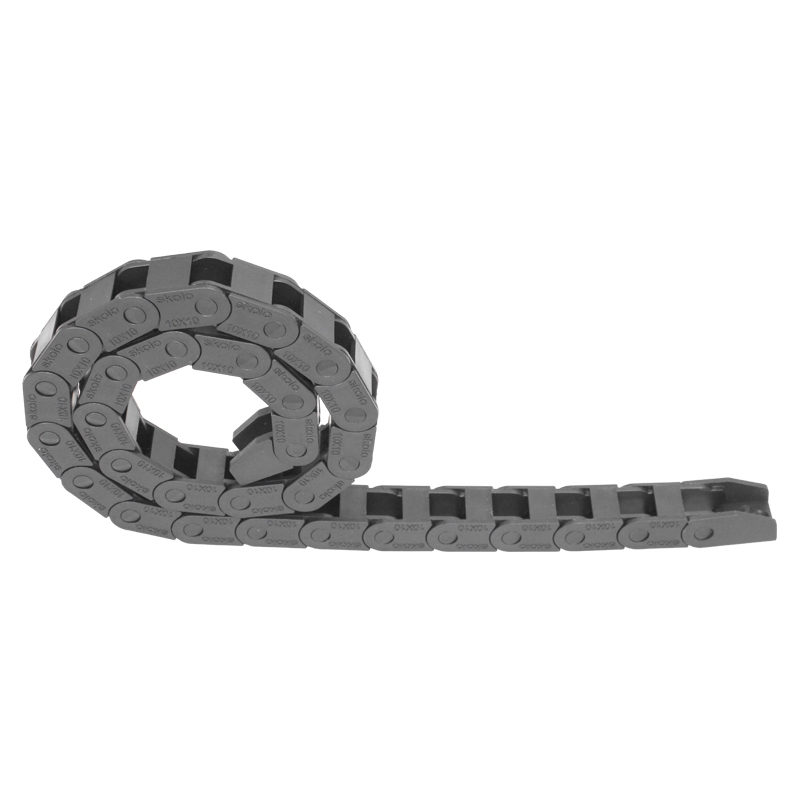machine tool chip conveyor
Machine Tool Chip Conveyor Enhancing Efficiency in Manufacturing
In the manufacturing sector, the efficient handling of metal chips and swarf generated during machining processes is crucial for maintaining productivity and workplace safety. This is where machine tool chip conveyors come into play. These specialized conveyors are designed to transport metal chips and other debris away from machining centers, enabling a cleaner and more efficient work environment.
Machine tool chip conveyors are essential in various industries, including automotive, aerospace, and general manufacturing. As machines cut and shape metal, they invariably produce chips, which can vary in size and composition depending on the type of material being worked on. If left unattended, these chips can accumulate, leading to potential safety hazards, such as slips and trips, as well as hindering the machining process by obstructing the movement of machines and tools.
There are several types of chip conveyors, each suited to different applications and chip types. The most common types include hinged belt conveyors, modular belt conveyors, and scraper conveyors. Hinged belt conveyors are particularly effective for bulk chips, as they can handle larger particles and are robust enough for heavy-duty use. Modular belt conveyors, on the other hand, are more versatile and can be configured to fit various setups and layouts in a manufacturing facility. Scraper conveyors are ideal for handling fine chips and shavings and are often used in more compact spaces.
machine tool chip conveyor

One of the key benefits of employing a machine tool chip conveyor system is the reduction of downtime. By continuously removing chips from the machining area, manufacturers can ensure that machinery runs smoothly without interruptions caused by chip buildup. This can lead to increased production rates and improved overall efficiency. Moreover, a clean workspace is easier to manage, allowing operators to focus on their tasks without the distraction of debris.
Furthermore, effective chip management contributes positively to the overall safety of the workplace. Reducing the presence of sharp metal chips minimizes the risk of injuries, while also helping to prevent equipment damage that could occur from prolonged exposure to accumulated debris.
In addition, many modern chip conveyor systems are designed to be compatible with coolant recycling systems, which can enhance the sustainability of manufacturing processes. By reclaiming coolant and reducing waste, companies can lower operational costs while also addressing environmental concerns.
In conclusion, machine tool chip conveyors play a vital role in the modern manufacturing landscape. With their ability to improve efficiency, enhance safety, and promote sustainability, these systems are indispensable for any facility that relies on machining processes. As technology continues to evolve, so too will the design and functionality of chip conveyors, further optimizing production capabilities in industries worldwide.








